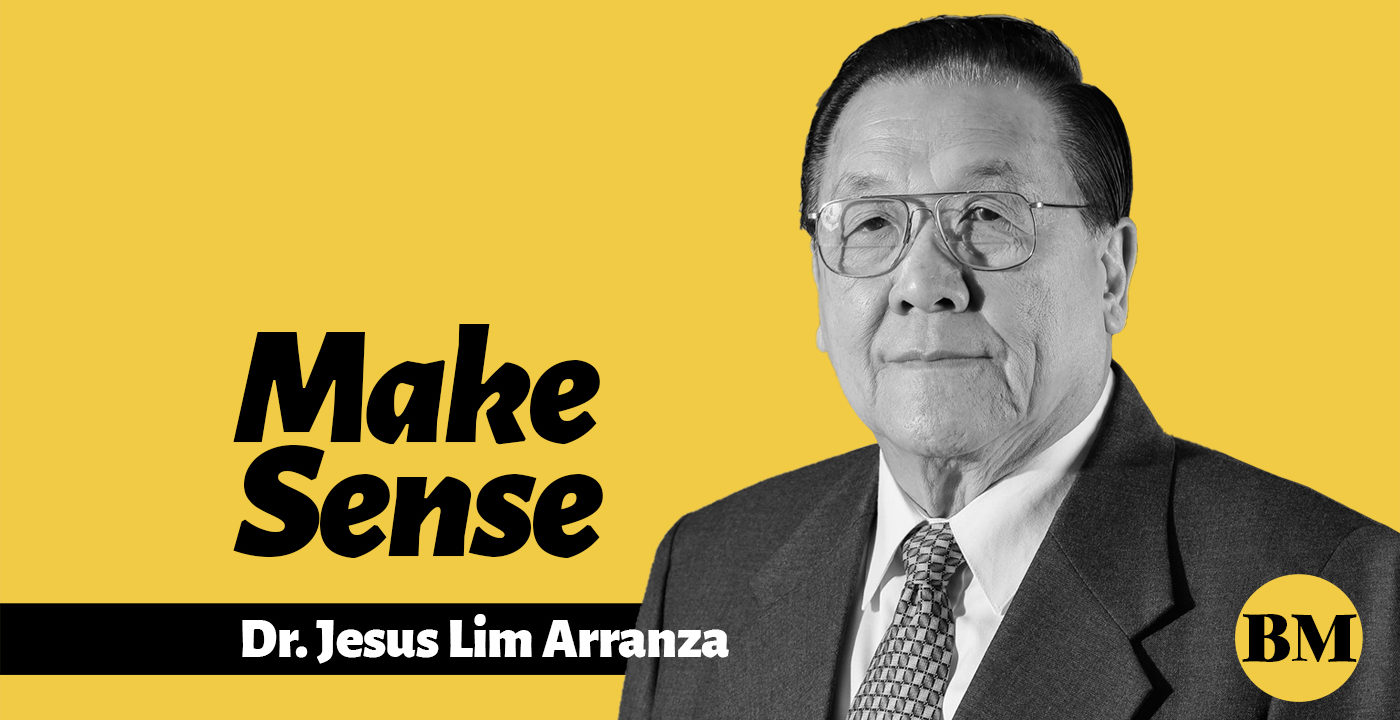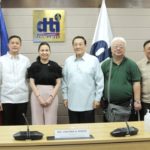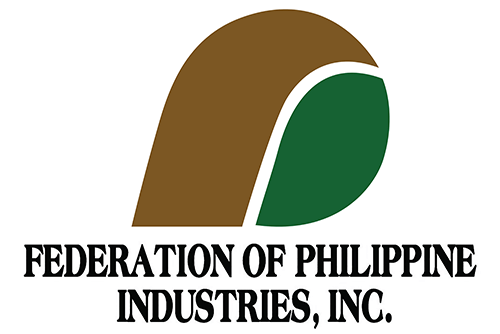While I’m happy to note that there has been some success in the fight against smuggling and other forms of illicit trade recently initiated by the Federation of Philippine Industries (FPI) in coordination with concerned government agencies, heavier tasks are still ahead of us because we are barely seeing the tip of the iceberg when it comes to these white-collar crimes at this time.
We vigorously campaigned against the illegal importation of palm olein, where the government was robbed of around P45 billion in revenues over several years, according to the report of House Ways and Means Committee Chairman Joey Salceda.
With the help of the National Bureau of Investigation (NBI), Bureau of Internal Revenue, and the Office of the President, we managed to look deeper into the modus operandi of some palm olein importers, who were dodging the payment of taxes and duties by claiming that their palm olein shipments were being used for compounding of animal feeds. They got exemptions from the Bureau of Animal Industry (BAI) and clearance from the Food and Drug Administration (FDA).
Then BIR Commissioner Kim Henares issued a ruling that to be eligible for an exemption, any imported ingredient for animal feeds compounding should be “unfit for human consumption or that the ingredient cannot be used for the production of food for human consumption as certified by the FDA.”
Despite this, I find it really surprising and frustrating that the BAI and FDA allowed the duty- and VAT-free importation of palm olein for the purpose of animal feeds compounding.
Do they not know what palm olein is?
Palm olein is a derivative of palm oil that was fractionated to make it “more fit” for human consumption. So palm olein, if they know the product, and—I should say—they should, is processed from palm oil to make it fit for human consumption. Ergo (without going through the technical details) palm olein is being made for human consumption. This is why palm olein is more expensive than palm oil.
The NBI and the BIR are now investigating the importers to determine how much of their palm olein shipments really went to animal feeds compounding and how much was diverted to the market as cooking oil or as a substitute for coconut oil for bio-diesel blending. This is not a fair competition at all with our coconut industry and farmers who are paying the right taxes.
When we exposed this, the illegal importation of palm olein stopped. But it should not end there. The end objective should be restitution; the illegal importers should return the revenues they stole from the government with penalties.
If— after robbing the government —we would just let them off the hook since they stopped already, then we would be encouraging everyone to become thieves.
The same goes for the importers of close to P100 million worth of uncertified automotive batteries that were confiscated by the joint teams of the NBI and Department of Trade and Industry at a warehouse in Quezon City last September, the biggest haul of Task Force Kalasag to date.
We hope that the concerned agencies will pursue the cases against those behind the entry into the market of these uncertified car batteries and continue the operations in other parts of the country, especially in the Visayas and Mindanao areas where these are being sold rampantly.
Now, let me say this: the FPI will be exposing more cases of smuggling and other cases of illicit trade in the coming days. We are just seeing the tip of the iceberg and we will be unravelling what’s beneath it.
Just in the case of animal feeds compounding alone, I’m already getting information that unscrupulous importers are bringing in other products without paying taxes and duties by using the same modus operandi employed by palm olein importers.
My message to these importers: you’re next.
Thanks to our initial successes, concerned people in the government and industries are coming to us to share information that we hope will lead to more investigation, operation, and prosecution of perpetrators of illicit trades.
We hope to work together also with the Bureau of Customs (BOC), the FDA, and the Department of Agriculture, which were already directed by the Office of the President to coordinate with the FPI via separate letters sent to Commissioner Bienvenido Rubio, Administrator Manuel Zacate, and Secretary Francisco Tiu Laurel Jr., copies of which were furnished to FPI.
We truly appreciate Secretary Laurel’s response to my letter. We, however, urge the good secretary to continue our engagement since his response was centered on the actions he has taken since taking the helm of the DA. We have complete faith and trust in his administration.
What we are after, however, is the “sins” of the previous administrations that led to the loss of P45 billion in government revenues. We are hoping that Secretary Laurel would also review the transactions made before his time as part of a thorough cleansing process and to ensure those who were probably in cahoots with the illegal palm olein importers inside the DA and BAI will be dealt with accordingly. This will likewise ensure that the same modus operandi will not be done anymore with the other animal feeds ingredients.
We will also continue joining committee hearings of the House and the Senate regarding illicit trade and smuggling.
I attended recently a Senate committee hearing led by Senator Win Gatchalian where I shared inputs on how to stop technical smuggling, as well as the state of domestic industries that are being harshly affected by smugglers.
We encourage other industries and businesses to come to us and join the fight against smuggling and other forms of illicit trade. Together, let’s liberate our economy, businesses, and workers from the clutches of these white-collar criminals and their cohorts.
Dr. Jesus Lim Arranza is the chairman of the Federation of Philippine Industries and Fight Illicit Trade; a broad-based, multisectoral movement intended to protect consumers, safeguard government revenues and shield legitimate industries from the ill effects of smuggling.






